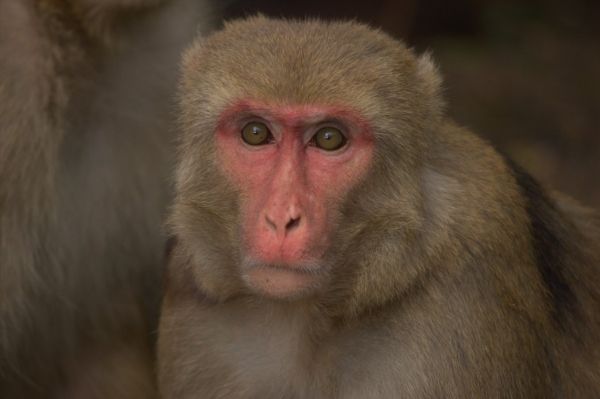Shorter intervals between primate births are associated with higher mortality rates in offspring, finds a new study of macaque monkeys. The results are consistent with previous research on human birth intervals, suggesting that this is a pattern of evolutionary origin.
“Despite the extensive body of research showing a relationship between short birth intervals and high offspring mortality in humans, we have lacked studies outside of humans, especially in non-human primates,” observes James Higham, an associate professor in New York University’s Department of Anthropology and the senior author of the study, which appears in the journal Proceedings of the National Academy of Sciences. “This new research helps fill the gap by clarifying the biological link between birth intervals and offspring mortality in a general evolutionary framework.”
“We provide some of the first such data, from free-ranging rhesus macaques, and show that the risk of a short birth interval to an offspring is contingent on the survival of its older or younger sibling, who may constrain the maternal resources available for the offspring,” adds Susie Lee, a doctoral candidate in NYU’s anthropology program and one of the paper’s co-authors.
The study also included Angelina V. Ruiz-Lambides, associate director of the Cayo Santiago field station of the Caribbean Primate Research Center at the University of Puerto Rico.
Continue reading at New York University.
Image via Constance Dubuc.


